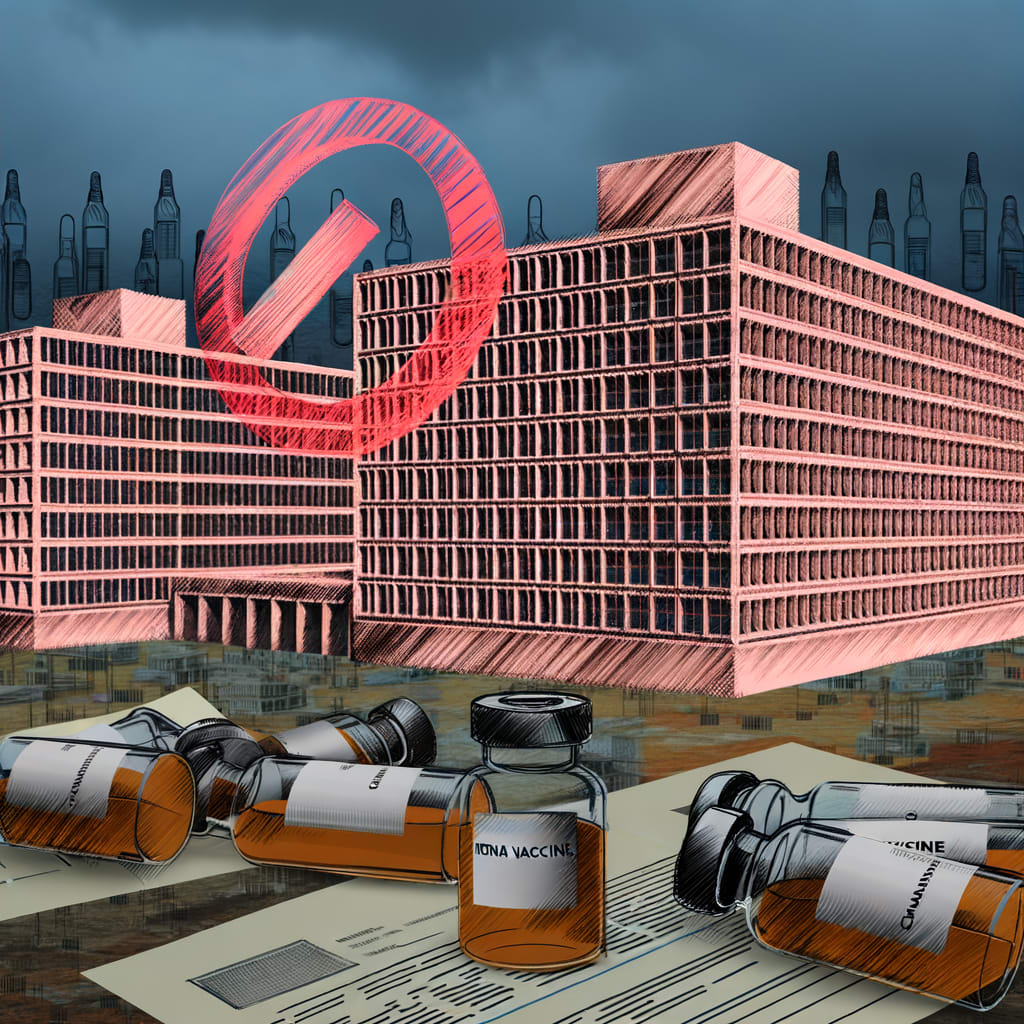Trump Administration Cancels $500m in mRNA Vaccine Contracts Amid Growing Controversy
The Trump administration, under the leadership of Health Secretary Robert F. Kennedy Jr., has cancelled 22 federal contracts for mRNA-based vaccines, amounting to a total of nearly $500m. This drastic move is part of a wider strategy to roll back what the administration deems 'harmful pandemic-era policies', with implications that have raised eyebrows and concern among health experts worldwide.
Background and Context
The cancellation of these contracts comes in the wake of a sweeping directive issued by the U.S. Office of Personnel Management (OPM) to erase federal records related to employees' COVID-19 vaccination status and mandate noncompliance. The OPM, citing recent litigation, described the action as a response to excesses
during the pandemic that resulted in federal workers being fired, punished or sidelined for simply making a personal medical decision
.
Key Developments
RFK Jr.'s decision to halt funding for mRNA vaccines was not solely a health-driven move, but part of President Trump's wider vision, seen by many as a 'war on science'. The Health Secretary defended the move stating that mRNA vaccines fail to protect effectively against upper respiratory infections like COVID and flu
. Notably, the decision affects major pharmaceutical companies like Pfizer and Moderna, who have been at the forefront of COVID-19 vaccine production.
Simultaneously, Vinay Prasad, who oversees vaccine, gene therapy and blood product regulation at the FDA, has returned to his role after briefly leaving the agency due to pressure from far-right influencers. His return could signify a counterbalance within the administration regarding vaccine policies.
Implications and Reactions
The decision to cancel the vaccine contracts has drawn sharp criticism from global health experts, who warn that it will boost global vulnerability to future pandemics. The move has also ignited fears that it may increase vaccine hesitancy. A union representing CDC employees demanded that the federal government condemn vaccine misinformation following a shooting at CDC’s headquarters in Atlanta by a man who blamed his COVID-19 vaccination for making him depressed and suicidal.
Despite the funding block in the US, many believe mRNA vaccines are too impressive to ignore. International scientists have expressed hope that other countries will continue to invest in research, given the technology's pivotal role in helping end the COVID-19 pandemic and saving millions of lives.
Conclusion
The cancellation of the mRNA vaccine contracts signals a significant shift in the US's approach to pandemic management under the Trump administration. The decision has stirred controversy and uncertainty amidst rising COVID-19 cases in the country. As the dust settles, the global health community is left to wonder about the long-term implications of this policy reversal, particularly as the world grapples with new variants and potential future pandemics.

